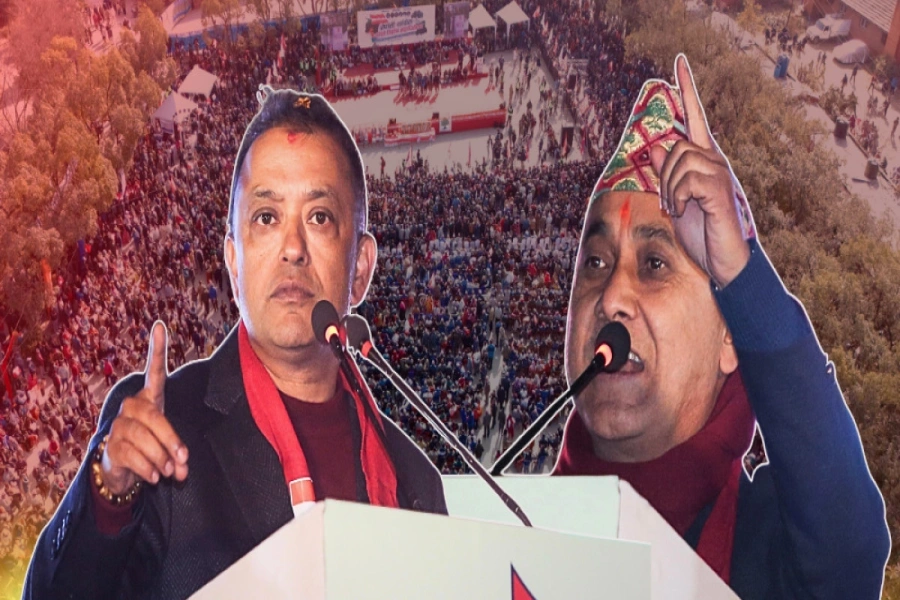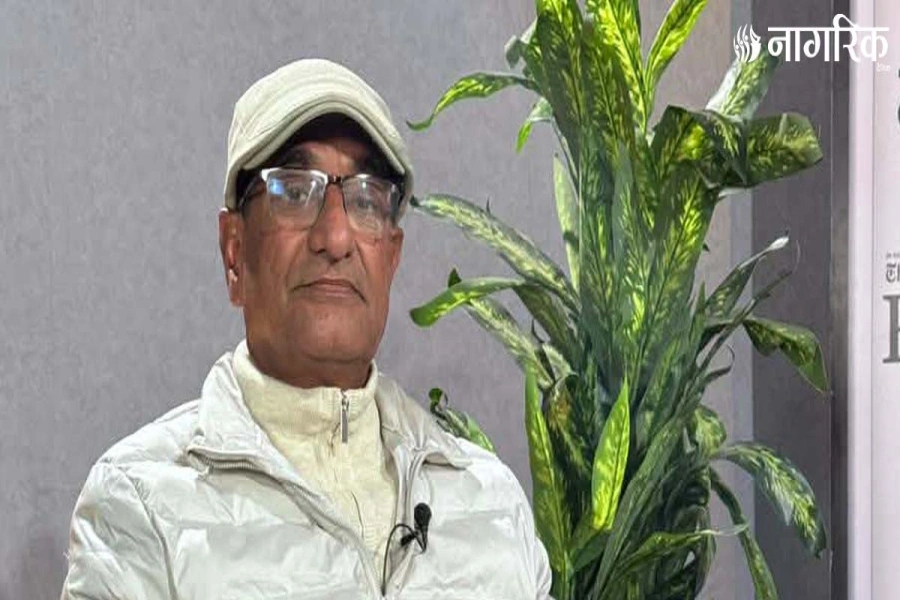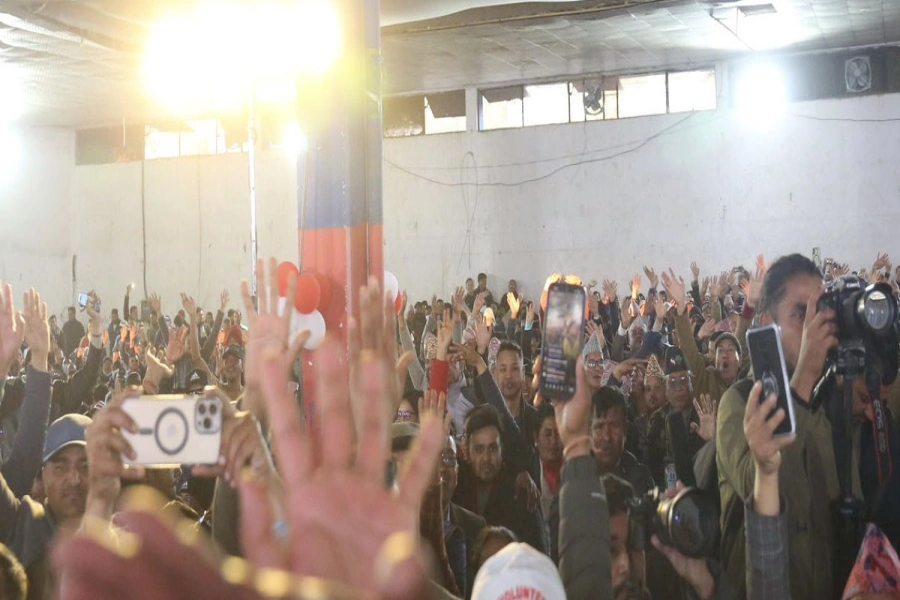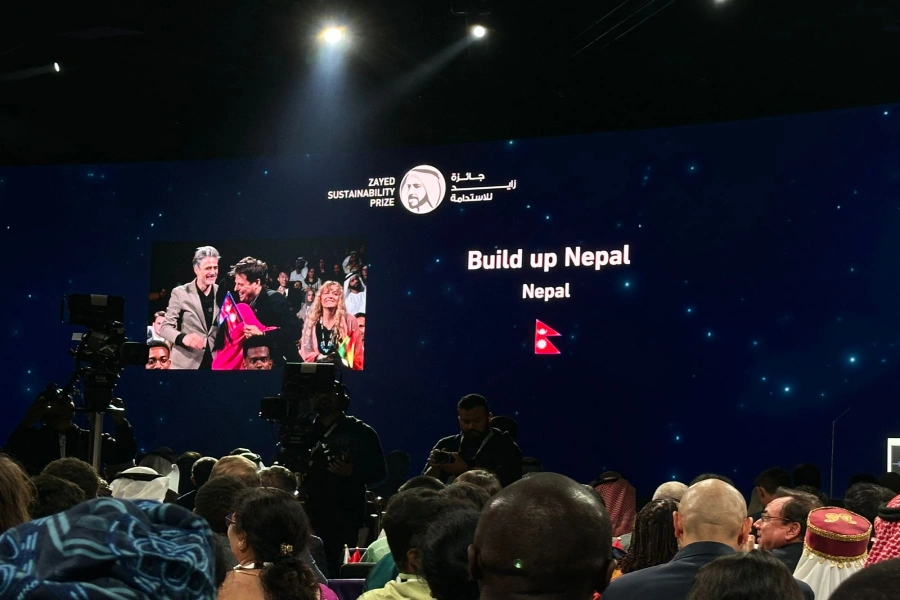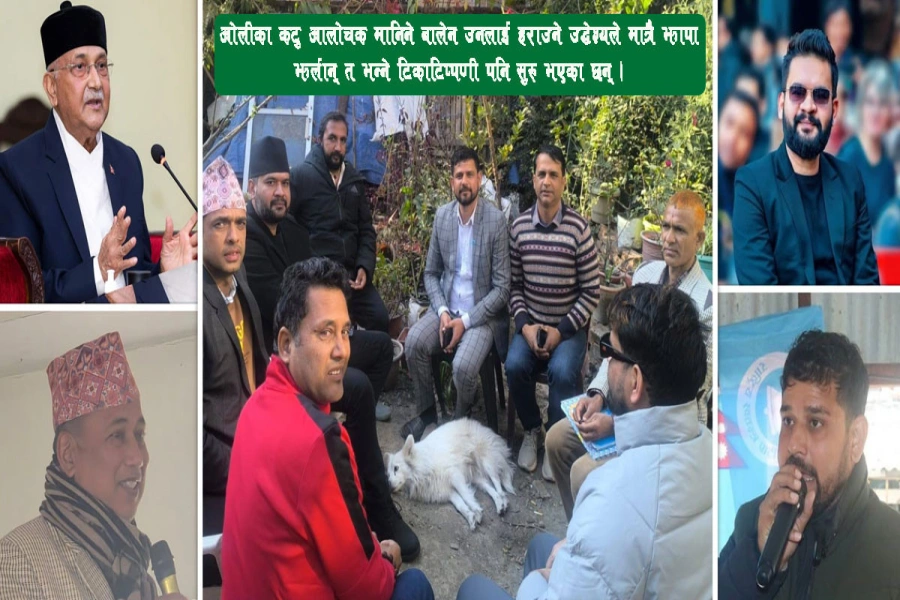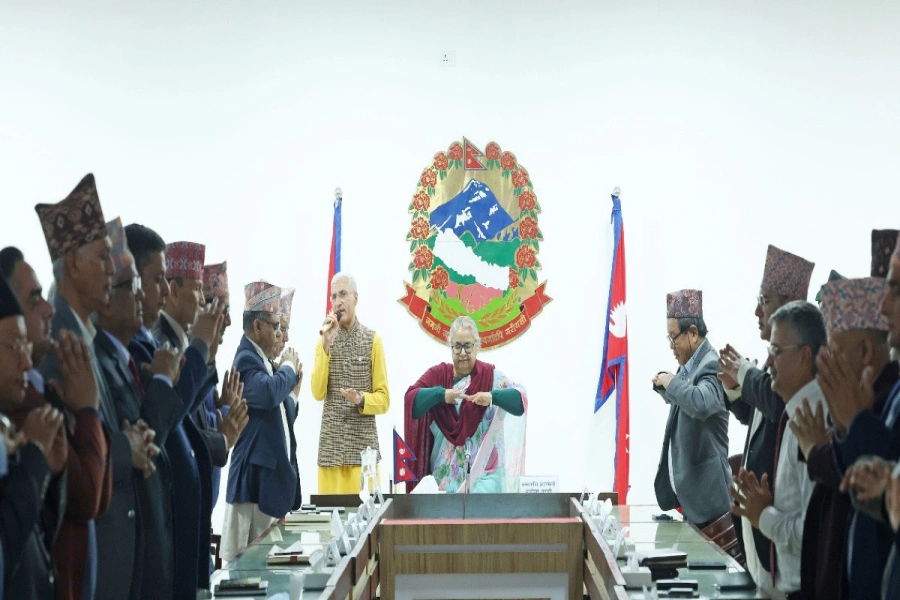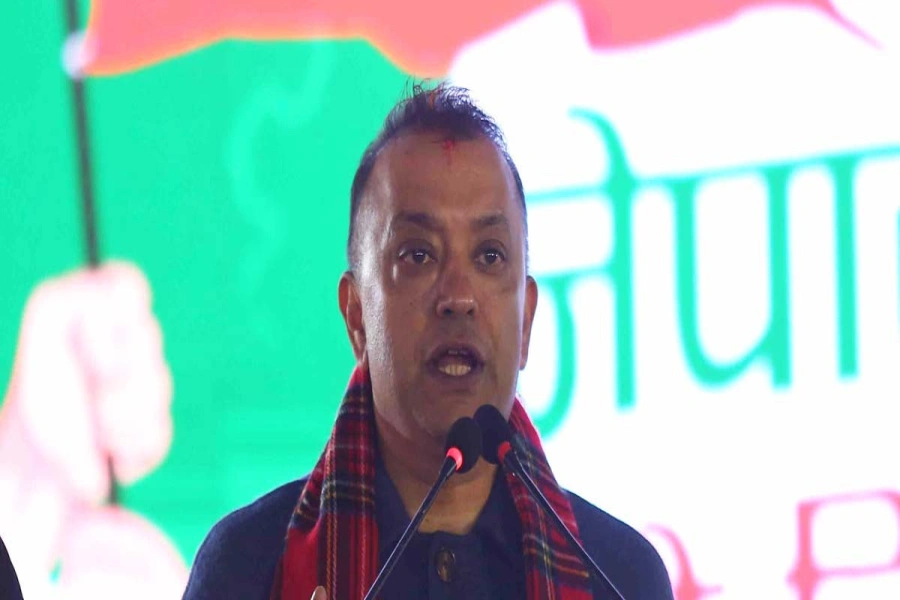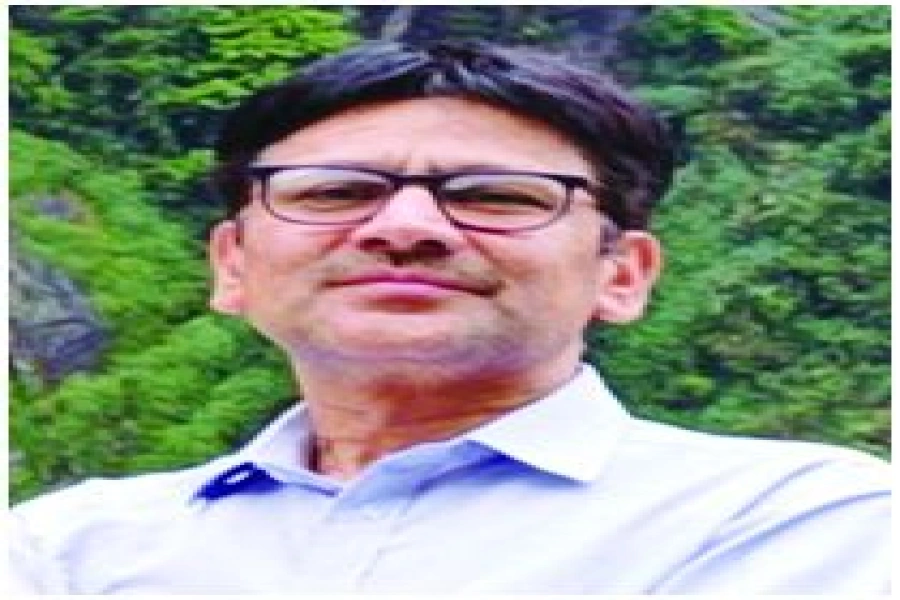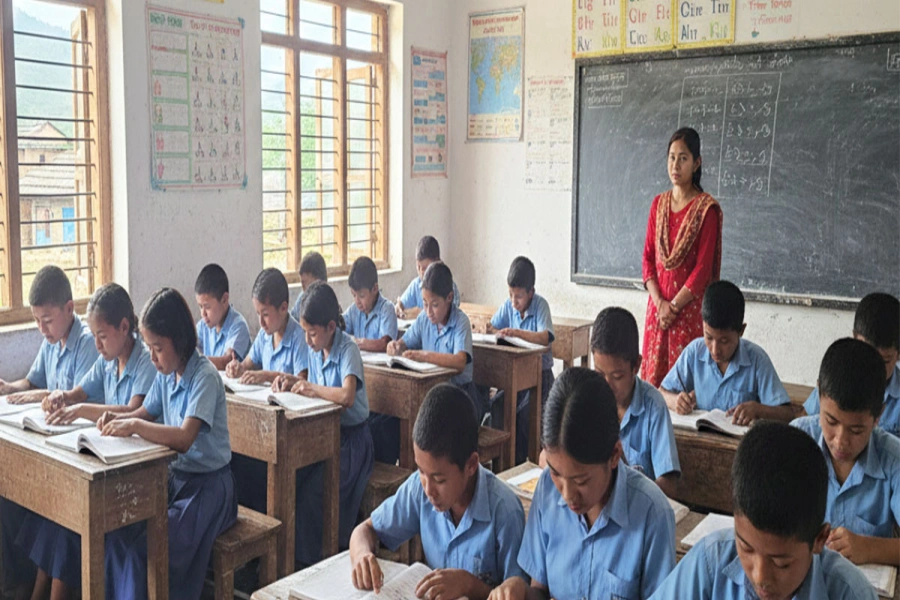LALITPUR, June 15: Recent advances in the field of air pollution research, specifically in the Hindu Kush Himalaya highlights the fact that the problem extends beyond local concerns to transboundary issues.
This is the conclusion drawn at a two-day regional workshop on air pollution and public health, primarily in Nepal and broadly in the Hindu Kush Himalaya (HKH) region that concluded on Friday.
The workshop was organized by the International Centre for Integrated Mountain Development (ICIMOD) and the University of Nottingham. The participants of the workshop agreed that with pollutants reaching alarming levels, there are far-reaching and hazardous consequences on environmental and human health.
Shakila Thebe’s “The Open Workshop” for Fashion Students and P...

They said although air pollution has caught the attention of the public and the policymakers, a considerable gap still exists in the general understanding regarding the health impacts of air pollution in the HKH region, considering the wide range of air pollution sources, pollution transport, exposure patterns, and the region's complex geography.
The workshop also pointed out that the lack of coordination among different organizations working on similar air pollution-related research is a significant problem. Further, the research underway within the region at times is so incoherent that it is difficult for policymakers to formulate impactful, focused policy.
In this backdrop, the workshop concluded that it was necessary to facilitate a platform for collaboration and sharing among relevant stakeholders and researchers in different aspects of air pollution and public health in Nepal and the HKH region.
The two-day workshop provided a platform for stakeholders from the region to share and enhance knowledge on air pollution and health as well as promote further collaboration and research related to air pollution and health impacts in the HKH region. Medical practitioners, atmospheric scientists, sociologists, and policymakers from across the region discussed various issues related to the workshop topic.
On the occasion, experts said that the increasing air pollution due to the use of traditional fuel, vehicular exhaust, rampant burning of agriculture remains and the smoke and dust from construction materials and factories were promoting and complicating the health-related risks in the least developed countries like Nepal.
The speakers in the workshop included Charlotte Bolton from the University of Nottingham, Dr Om Prakash Kurmi, senior physician Dr Mrigendra Raj Pandey, Dr Meghnath Dhimal of the Nepal Health Research Council, among others. Sixty persons from Nepal, Bhutan, India, Sri Lanka and Pakistan participated in the workshop.



